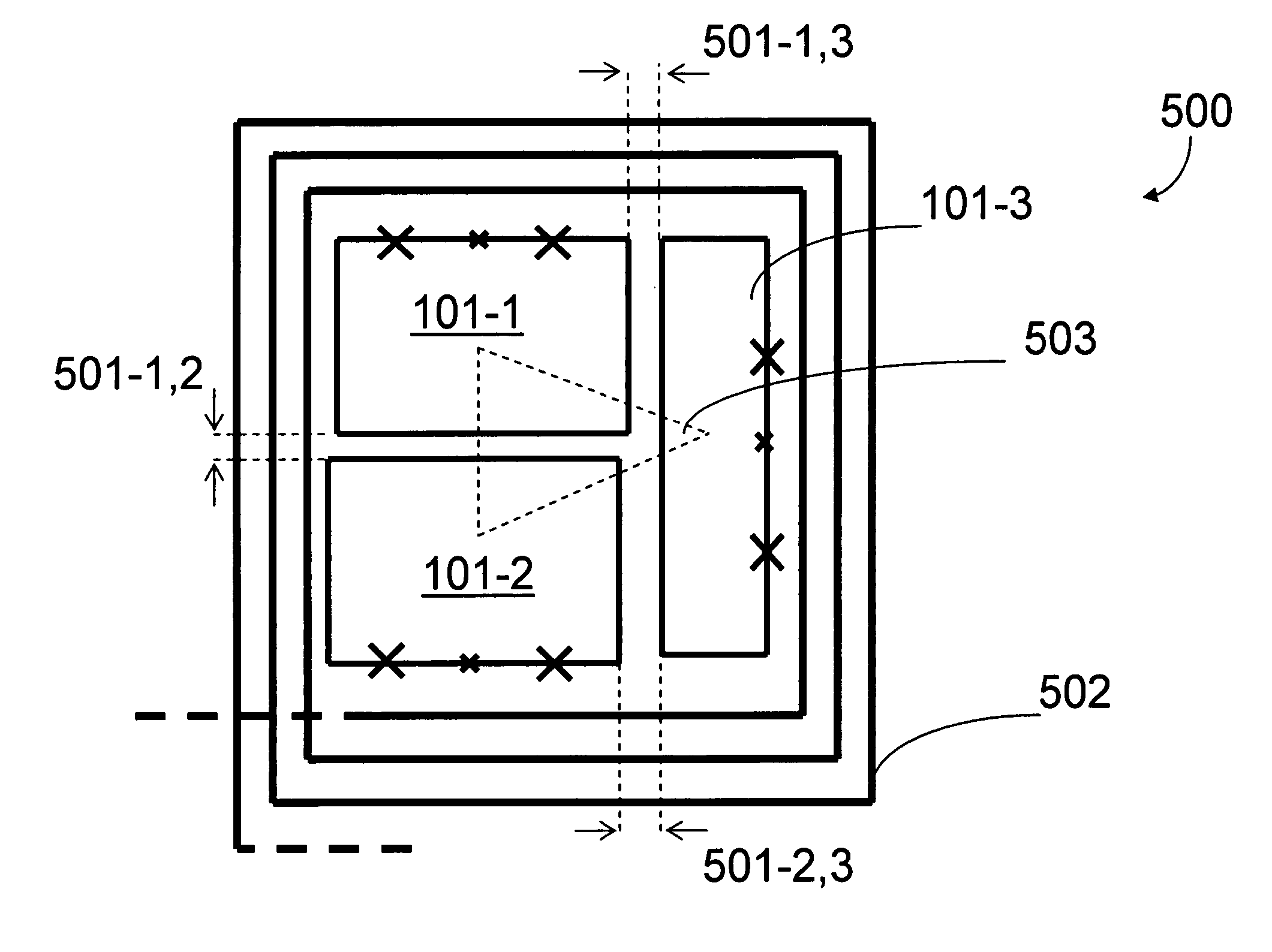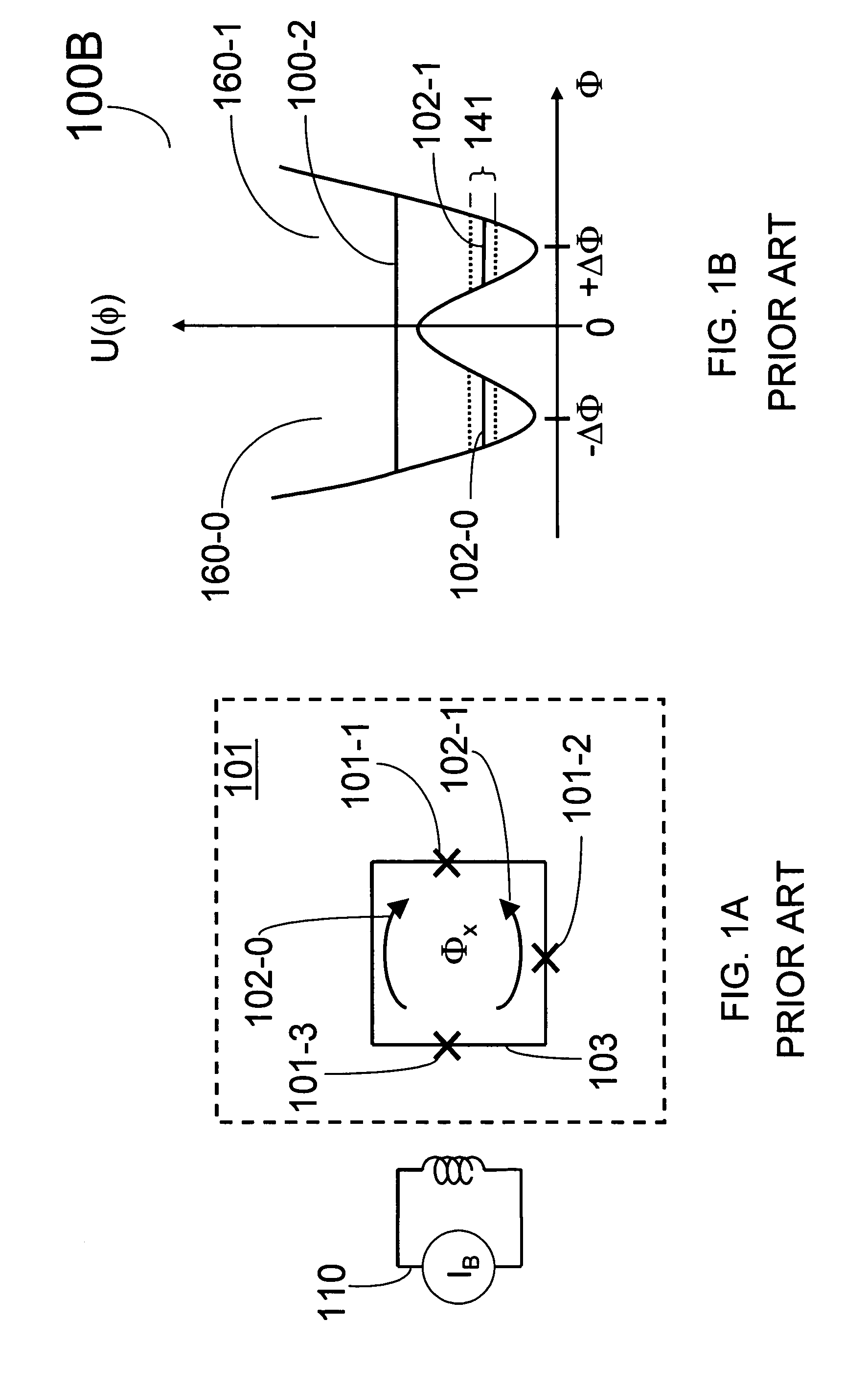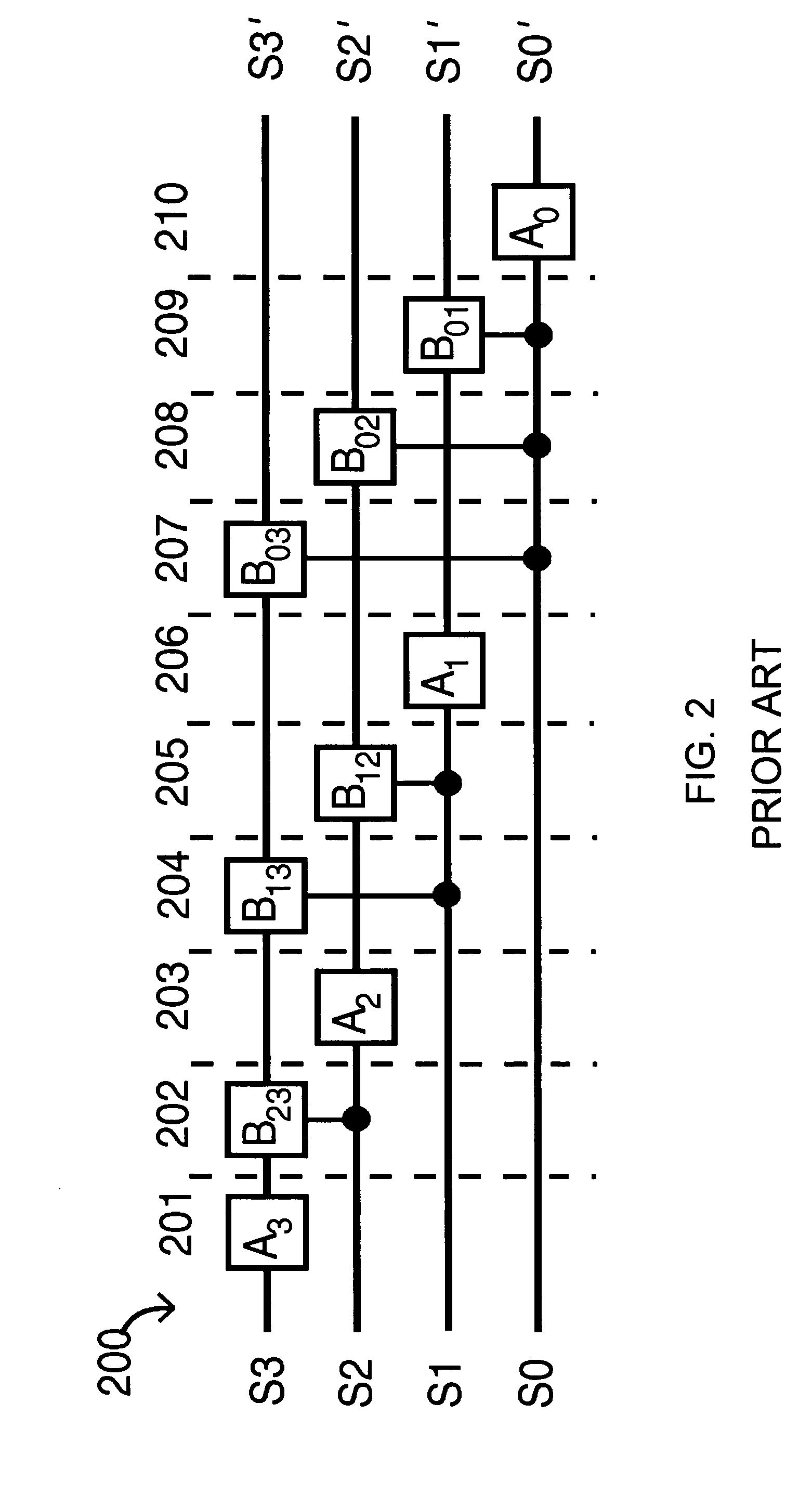Adiabatic quantum computation with superconducting qubits
a quantum computation and superconducting qubit technology, applied in the field of superconducting circuitry, can solve the problems of short decoherence time, stringent control parameters, and inability to support all types of quantum computation, and achieve the effect of increasing the effective charging energy
- Summary
- Abstract
- Description
- Claims
- Application Information
AI Technical Summary
Benefits of technology
Problems solved by technology
Method used
Image
Examples
Embodiment Construction
[0129] The present invention comprises systems and methods for adiabatic quantum computing using superconducting qubits. In various embodiments of the present invention, adiabatic quantum computing is performed on registers of superconducting qubits that have demonstrated quantum computing functionality. Adiabatic quantum computing is a model of quantum computing that can be used to attempt to find solutions for computationally difficult problems.
General Embodiments
[0130] When choosing a candidate system for adiabatic quantum computing there are a few criteria that can be observed. These criteria can be drawn from those described herein below. However, some embodiments of the present invention may not adhere to all of these criteria. One criterion is that the readout device should a Stern-Gerlach σZ type observation. A second criterion is that the tunneling term in the problem Hamiltonian should be about zero. For HP=ΔσX+εσZ then Δ≈0. A third criterion is that the magnitude of the...
PUM
 Login to View More
Login to View More Abstract
Description
Claims
Application Information
 Login to View More
Login to View More - R&D
- Intellectual Property
- Life Sciences
- Materials
- Tech Scout
- Unparalleled Data Quality
- Higher Quality Content
- 60% Fewer Hallucinations
Browse by: Latest US Patents, China's latest patents, Technical Efficacy Thesaurus, Application Domain, Technology Topic, Popular Technical Reports.
© 2025 PatSnap. All rights reserved.Legal|Privacy policy|Modern Slavery Act Transparency Statement|Sitemap|About US| Contact US: help@patsnap.com



